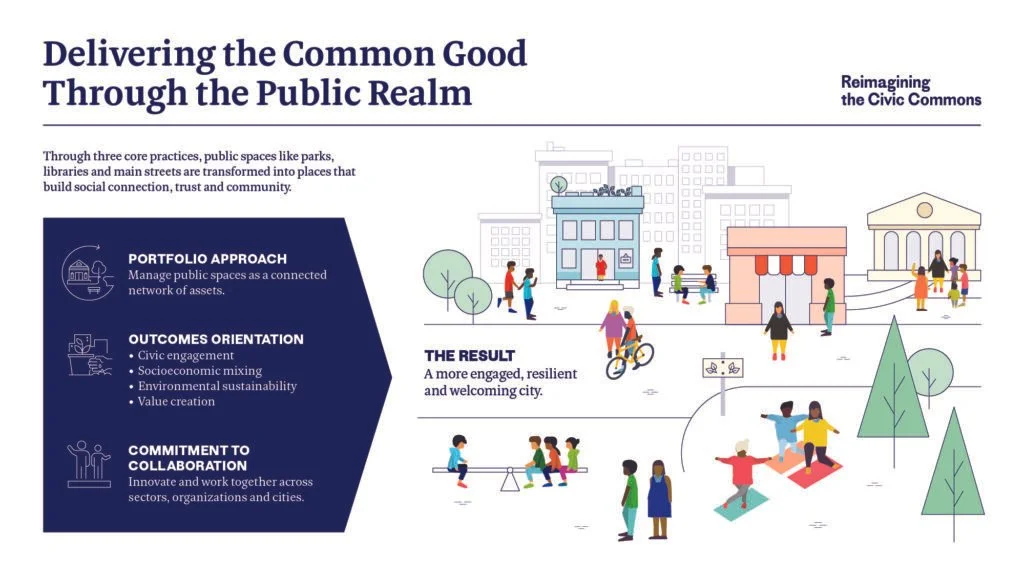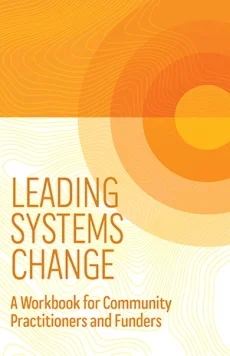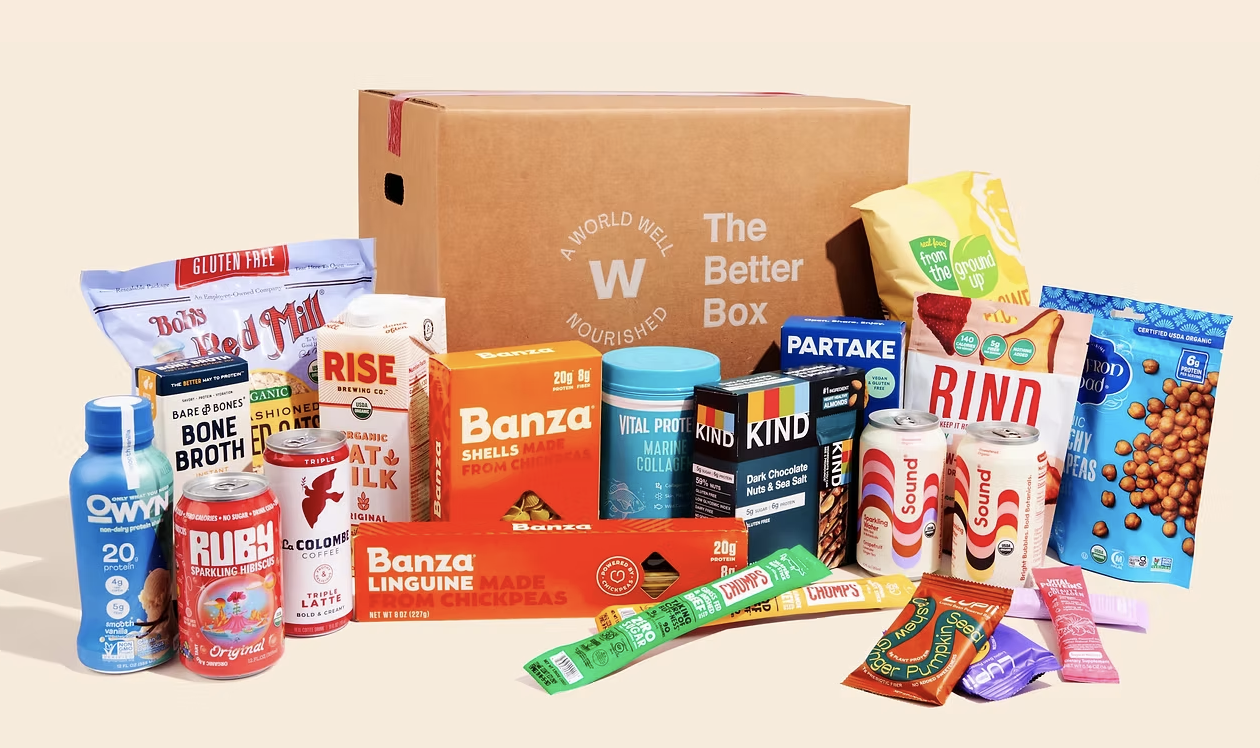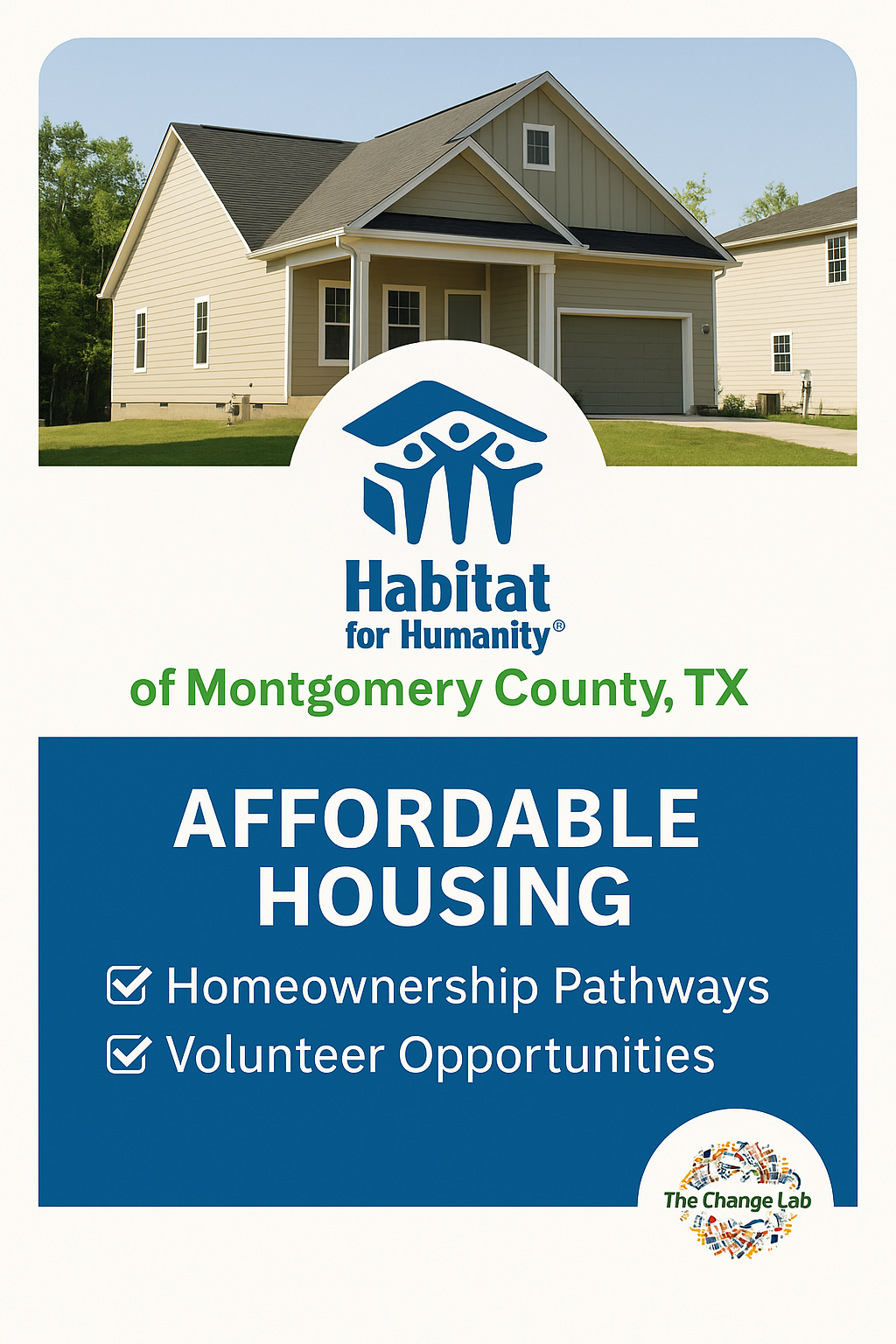
2025 Network Catalyzers Program
The Democracy & Belonging Forum’s Network Catalyzers Program supports selected Forum members in launching and growing their own virtual or in-person communities related to othering, belonging, bridging, and democracy.
These communities are entirely member-run, but are in part resourced, promoted, and supported by the Forum. In 2025, six communities (and seven catalyzers) were selected to participate, addressing topics as diverse as bridging in rural France, food insecurity in Texas, and intergenerational engagement among immigrant families.
11/4/25 Dialogue: Racism
Two-Day Interactive Workshop
Join us for our signature workshop in a safe, respectful, and loving atmosphere where individuals will learn new information, share their experiences, dispel fear and guilt, and get to know each other.
The Dignity Index
What Is The Dignity Index?
The Dignity Index is a simple tool that helps you measure whether communication shows dignity or contempt. It uses a scale from 1 to 8, where higher scores show more dignity and lower scores show more contempt.
In our current world, public conversation has become harsh and divisive. Politicians, media figures, and everyday people often use contempt when talking about others. This makes problems worse and prevents us from finding solutions.
Parenting Toolkit and Tips for Learning to Disagree Better
This toolkit helps parents and families develop skills for healthy disagreement. When family members disagree constructively, everyone feels heard, relationships stay strong, and children learn valuable life skills.
Disagreement is natural and inevitable in families. The question isn't whether we'll disagree—it's how we'll disagree. This toolkit teaches practical strategies for navigating differences with respect, curiosity, and care.
This toolkit gives you tools to:
Listen to understand, not just to respond
Express disagreement without attacking or dismissing
Find common ground even in tough conversations
Model healthy conflict resolution for children
Repair relationships after heated moments
Build family communication skills that last a lifetime
Whether you're navigating political differences with extended family, handling sibling conflicts, or working through parenting disagreements with a partner, these tools help create more connection and less division.
Toolkit for Organizations to Strengthen Culture and Connection
What Is This Toolkit?
This toolkit helps organizations build a strong culture where people trust each other, work well together, and feel connected to their work and teammates.
Culture is how people act, talk, and treat each other at work every day. A good culture makes people want to come to work, do their best, and stay at the company. A bad culture makes people unhappy and want to leave.
Toolkit for Individuals to Spark Connection and Positive Impact
Share Our America Toolkit
A free guide to help you bring people together in your community. Learn how to start conversations that build understanding and respect between people who are different from each other.
World Grid Project
World Grid Project
A comprehensive initiative to map and promote the development of a globally interconnected electric grid powered entirely by renewable energy, building on Buckminster Fuller's vision of universal carbon-free electricity access.
Reimagining the Civic Commons
A national initiative transforming public spaces to build stronger, more connected communities across America.
Parks, libraries, trails, and main streets become places where people of all backgrounds gather, trust grows, and neighborhoods thrive.
Mental Health America of Greater Houston
When people understand symptoms early and know where to go, recovery is faster and outcomes improve. MHA of Greater Houston builds community capacity—training schools and providers, linking families to help, and shaping policies that make care affordable, accessible, and stigma-free.
The link between alcohol and cancer
Summary
This Yale SPH Q&A explains how alcohol contributes to cancer risk and why U.S. leaders are exploring updated warning labels. Dr. Vasilis Vasiliou highlights mechanisms (e.g., acetaldehyde, oxidative stress), dose–response effects, and the way alcohol amplifies other carcinogens such as tobacco smoke. Guidance includes: don’t start drinking for health reasons; if you drink, keep it modest and consider personal/family risk factors.
Democracy and Belonging Forum
Why This Matters
Democracy and social justice aren't competing priorities—they're deeply interconnected. The Forum recognizes that othering can't be countered through more othering, and that democracy rooted in belonging means engaging with those different from ourselves. In an era of rising authoritarianism and toxic fragmentation, building bridges while centering marginalized communities is essential for strengthening democratic systems that serve everyone.
“Frientimacy: The 3 Requirements of All Healthy Friendships” by Shasta Nelson
Frientimacy: The 3 Requirements of All Healthy Friendships” by Shasta Nelson
TEDx Talk | 16 min video
A powerful and funny talk by our very own Chief Friendship Officer that breaks down what makes friendships meaningful and how to strengthen the ones you have.
WELLFARE
Our unique program gives food-insecure families an opportunity to access unaffordable, better-for-you alternatives that drastically curb sugar, salt and fat intake. In communities where generational chronic health conditions are the norm, the Better Box is helping thousands take positive steps toward a more nutritious and sustainable lifestyle. Behind the scenes, our Direct-to-Need model leverages over 2,000 Wellfare volunteers and aligns procurement, warehousing, fulfillment, distribution and customer experience under one umbrella, making the program incredibly efficient, transparent and cost-effective. The Better Box is a dynamic and impactful first step in our long term aim to create true food security across the United States.
Habitat for Humanity of Montgomery County
In one of the fastest-growing regions in Texas, affordable housing is increasingly out of reach for many working families. Habitat MCTX provides a pathway to homeownership through a model rooted in dignity, equity, and community partnership. Their approach reduces generational poverty, creates stability for families, and builds stronger neighborhoods from the ground up.
















